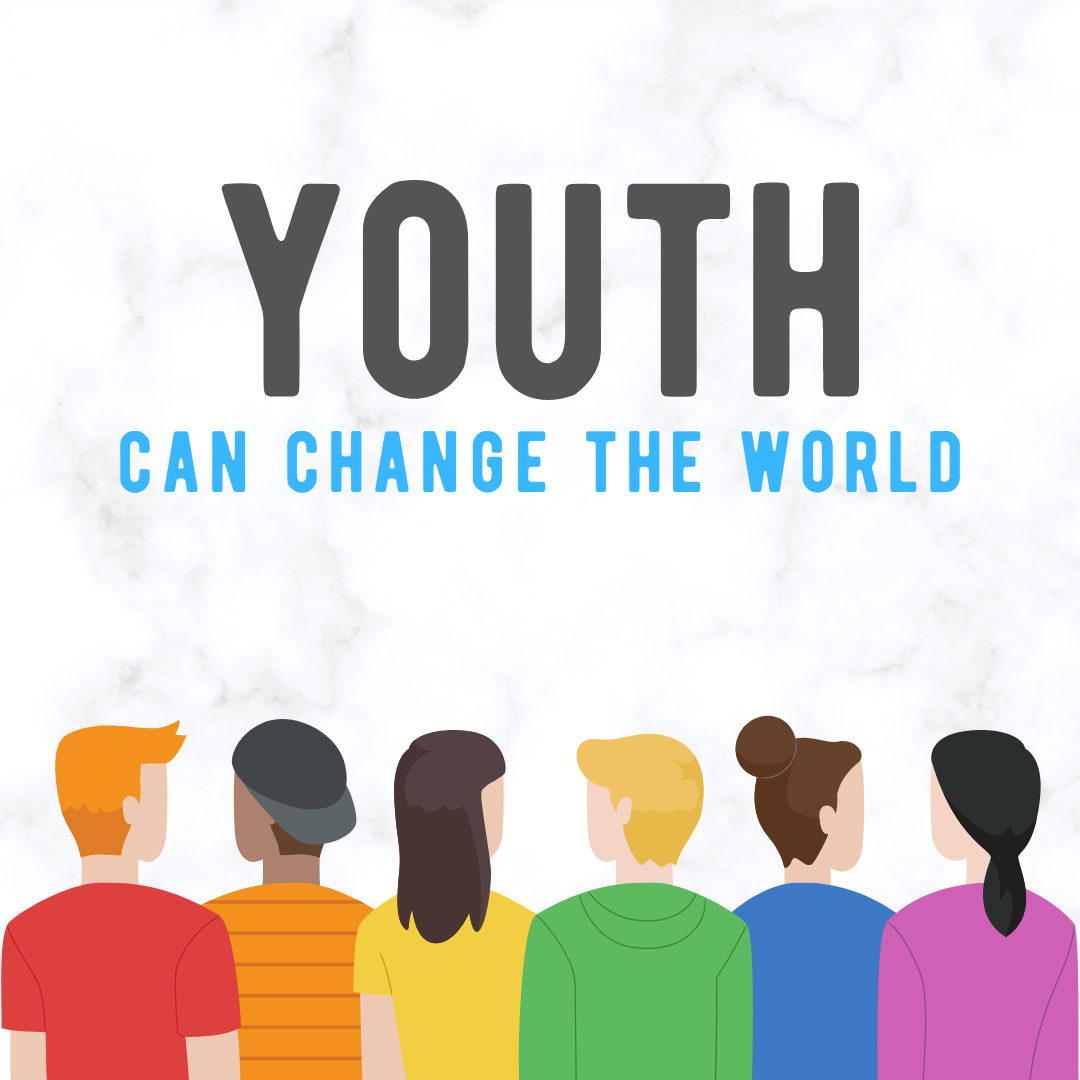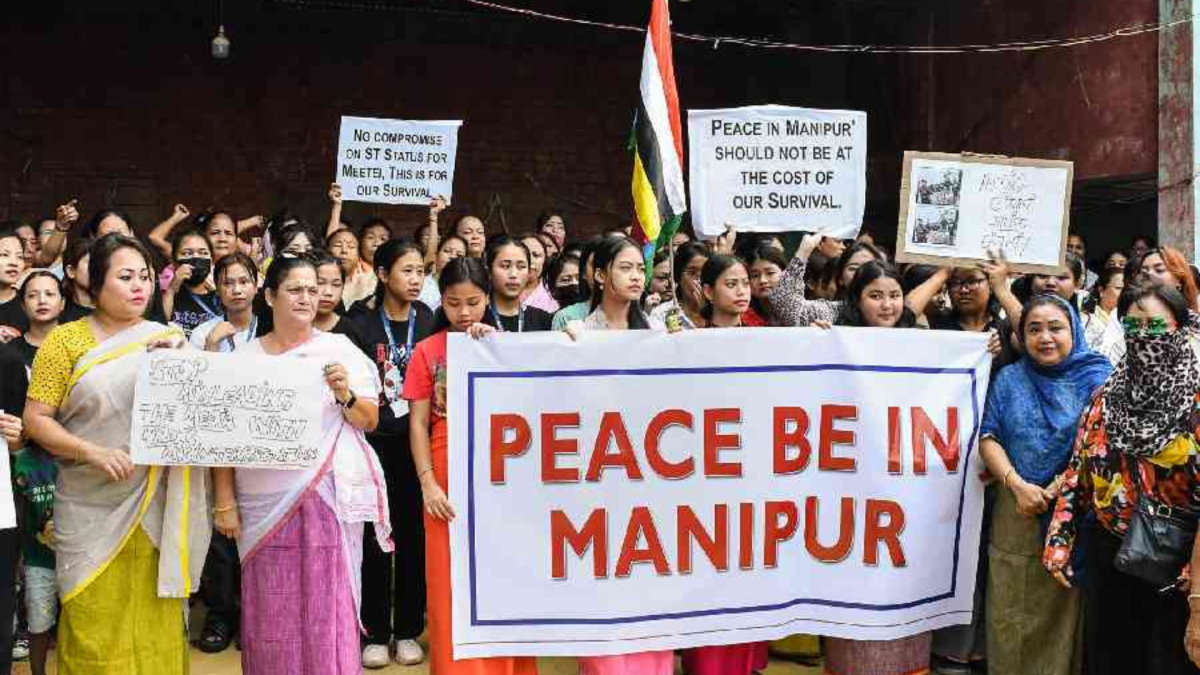A third of the world’s population is under the age of 18. With this in mind, young people’s concerns about critical issues such as migration and climate have attracted considerable attention in recent years.
The UN, in this regard, has identified the youth as one of the major groups whose participation is critical in global institutions. Greta Thunberg and her climate activism have been a turning point in this regard. She has become a symbol of climate activism and has voiced the concerns of young people across the world. Following her example, many youth-driven movements have emerged demanding greater change.
A recent example of successful youth participation is COP26. It saw one of the largest youth representations in history. The Brazilian youth delegation was the largest and the most diverse. It had representatives from indigenous communities, along with trans and black community members.
The United Nation Youth Advisory Board is another initiative that aims to empower the youth to stand up for the cause of human rights. This board was formed as a partnership between UN human rights, Silatech, and Education Above All Foundation (EAA).
This diverse board comprises ten young people between the ages of 18 and 34. Their varied experiences will contribute towards change in the areas of climate justice, sustainable development, employment, and education among others.
Despite these initiatives, organizations must ensure they don’t just give in to “youth-washing”. A group of young minds can contribute much to global discussions, beyond just empty tokenism. This representation will only translate into action when negotiation spaces are created. The government delegations of Panama and Mexico are full of young women. Other countries should follow suit.
The Covid-19 pandemic has only made youth representation more urgent. Questions of intergenerational justice need to feature in policy debates. As an OECD report shows, the reason some countries have poor youth representation is primarily due to lack of time and funding. International organizations and individual countries have a long way to go to fix that. Politics cannot just remain a space for older and more experienced individuals. If this is the case, young people and their concerns will be marginalized. To encourage societities to engage in global politics, we need to start with the youth.
As democracy continues to deteriorate in several countries, political analysts attribute this to the apathy of youth towards politics. Accountability is the fundamental pillar of democracy, and more youth need to hold their politicians accountable. New, informal, and interactive ways need to replace old, formal, and stagnant ones.
The last two decades have witnessed youth delegates in annual summits of the IMF, World Band, United Nations, and World Economic Forum. They have all developed youth networks and hosted youth summits. However, in order to ensure decision making is not only handled by adults, concrete steps need to be taken. It has been more than 20 years since the Lisbon Declaration on Youth Policies and Programmes. It is time we made good on those promises.







